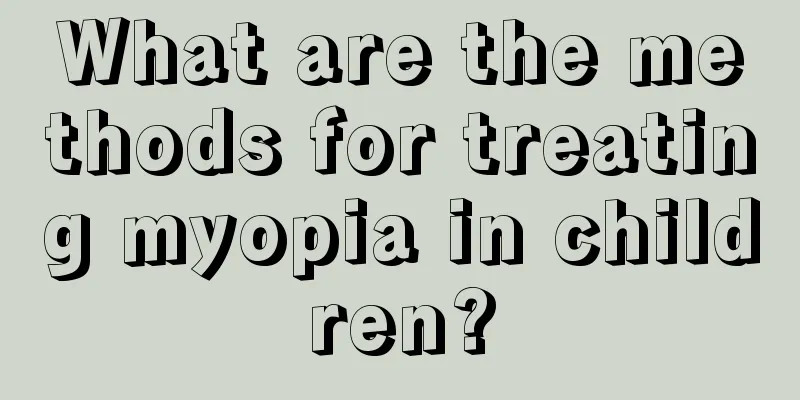What are the consequences of children's tooth decay?

|
Children's teeth are very critical in the development process, and this period is the best time for tooth development. If no attention is paid, many children may have crooked teeth or dental diseases when they grow up. Tooth decay is the most common condition in children. Parents should correct it in time after discovering it. Most children suffer from tooth decay due to falling down due to playing, and some of them suffer from tooth decay due to their love of sweets and lack of attention to oral hygiene. Over time, children's teeth will become rotten and poorly developed, and may eventually lead to more serious consequences, which are immeasurable. Mild caries affects chewing function. Severe dental caries, or untreated dental caries, can continue to develop and cause complications such as pulp disease, periodontitis, and jaw inflammation, and may even become oral lesions, affecting overall health. Dental caries is the leading cause of tooth loss in children. Early tooth loss in children not only hinders digestive function, but also affects the normal development of the maxillofacial area. Periodontal disease is the most common oral disease and is a general term for various diseases of the periodontal tissue, mainly including various types of gingivitis, gingival hyperplasia, periodontitis, periodontal atrophy, etc. Periodontal disease is a chronic destructive disease of the tissues surrounding the teeth. Usually, the main symptom in the early stages is gingival bleeding, which can be manifested as bleeding when brushing teeth, bloody saliva in the morning, swollen gums, bad breath, gingival atrophy, and tooth allergies to irritating foods. As the disease worsens, gingival pus discharge, chewing weakness, loose teeth, and recurrent periodontal abscesses will occur in the later stages, eventually leading to the loosening and falling of multiple teeth in the mouth. Enzymes produced by periodontal bacteria can accelerate the formation of blood clots in the body. When periodontal bacteria enter the blood, they prompt the human body to produce a gelatinous protein that acts like platelets, forming blood clots, blocking blood vessels, and leading to heart disease and stroke. It has been reported that the risk of coronary heart disease and stroke in patients with periodontitis is 1.4 times and 2.1 times that of those with normal periodontal conditions, respectively. In recent years, researchers have detected Helicobacter pylori in dental plaque and saliva, and found that the detection rate of Helicobacter pylori in the plaque of patients with periodontal disease is higher than that in those with healthy periodontal tissues. Helicobacter pylori is the pathogen of chronic gastritis, gastric ulcer and even gastric cancer. Bad teeth can also lead to kidney infection. Data once showed that nearly 20% of all periodontal disease patients suffer from kidney disease. |
<<: How to correct children's teeth?
>>: What should I do if my child has allergies?
Recommend
What to do if your baby has a cold stomach and vomits
There are many reasons for babies to vomit. Only ...
What to do if your child's fingers turn white
It is a very common thing for children to have wh...
What is a febrile seizure in a child and what to do
Febrile convulsions are the most common cause of ...
How to treat purpuric nephritis in children
Purpura nephritis in children is a systemic disea...
Why does my baby poop after eating?
We all know that only by ensuring that the baby c...
How to treat anorexia in children?
Nowadays, in cities, many children are only child...
What are the dangers of allergic asthma in children?
Nowadays, many children suffer from allergic asth...
What are the symptoms of formaldehyde poisoning in children?
After buying a new house, modern people will choo...
Head injuries in children
Children are very active, so parents must pay spe...
What causes congenital amblyopia in children?
The eyes are very complex organs that are easily ...
What should I do if my baby gets prickly heat? How should I solve it?
Babies' skin is more delicate than that of ad...
Will a febrile seizure leave sequelae?
Children's physical health is an issue that t...
What to do if your baby has loose stools due to cold
It is very common for babies to have diarrhea, an...
What to do if your baby has a fever after vaccination
It is normal for babies to get vaccinations. Babi...
How to treat dry cough in a four-month-old baby
Dry cough is a common disease in babies of 4 mont...









